
In 2016, the Reserve Bank of Australia (RBA) implemented new rules which banned excessive debit and credit card surcharges. This put an end to ridiculous credit card fees like $8.50 Jetstar booking fees on $19 airfares, with businesses no longer allowed to pass on more than the actual cost of accepting card payments.
Yet, the taxi industry is exempt from these rules and taxi drivers in most Australian states continue to charge a 5% surcharge for debit and credit card payments. That’s much higher than the actual cost of card payment merchant fees, which are generally no more than 1-2%. So, why are taxis treated differently?
Taxis exempt from ban on excessive card payment fees
The RBA says that taxis do not have to follow its rules on excessive card payments because “the taxi industry remains the responsibility of state regulators”. While card payments for ride-sharing services and hire cars fall under the scope of the RBA’s regulations, taxis do not.
At the time, the RBA also said, “As new payment methods and technologies emerge, it is likely to be appropriate for caps on surcharges to be reduced below 5 per cent. The Government and the RBA will continue to monitor developments in the taxi industry with a view to assessing whether further measures are appropriate.” Since then, Victoria is the only state to have reviewed this issue.
Victoria says a 5% credit card surcharge is too high
In 2019, the Victorian government conducted a review into non-cash payments charged by taxi operators. As a result, the cap on taxi debit, credit and charge card payment surcharges in Victoria was reduced to 4%. However, the maximum surcharge for Cabcharge payments in Victoria increased to 6%.
The final report handed down by Victoria’s Essential Services Commission concluded that “the current five per cent maximum surcharge is above the reasonable cost of processing non-cash payments in almost all cases”.
The benchmarking analysis conducted by the Victorian government “suggested that it may be possible for taxis to process most non-cash payments with a surcharge of between 1.9 and 3.4 per cent (including GST)”, leading the government to conclude that a “surcharge of between 3.5 and 3.9 per cent (including GST) would allow [taxi operators] to recover their reasonable costs of processing non-cash payments”.
Presumably, only a small number of card types (such as Diners Club or international credit cards) would incur a merchant fee as high as 3.4%. The actual cost of processing a debit card transaction, for example, would be very low in comparison. Yet the same surcharge is applied across the board.
What do other state regulators say?
Despite the Victorian government concluding that a 5% card payment surcharge is too high, all other states continue to allow taxi operators to add a 5% non-cash payment fee (including GST) to the cost of fares. Each of the various state and territory regulators allow this, and most taxi operators simply pass on the highest fee they can legally get away with.
Australian Frequent Flyer contacted the other Australian state government departments responsible for taxi services. Most did not respond by our deadline and one of them was not even sure which policy area was responsible for regulating taxi fees.
A spokesperson for TransLink, which regulates taxis in Queensland, told us “the Queensland Government is committed to providing access to personalised and public transport services that are convenient, reliable and affordable.”
“As part of the Queensland Government’s Personalised Transport Reforms, in September 2017 Queensland taxis were brought into line with the Commonwealth’s payment surcharge cap for small business through regulating the maximum credit card surcharge to five per cent,” the TransLink spokesperson said.
“In determining the level at which the payment surcharge for taxi fares would be capped, the Queensland Government conducted a comprehensive jurisdictional comparison where it was confirmed most other States and Territories had the same cap (five per cent).”
A spokesperson for the Western Australian Department of Transport said, “In the absence of Commonwealth Government regulation, the Western Australia Government implemented a cap on non-cash surcharges of five per cent in 2015. Prior to this the typical surcharge applied for electronic transactions in taxis was 10 per cent.”
“The five per cent cap was applied to align with caps in other Australian jurisdictions. The 5 per cent cap recognises that maintaining portable electronic payment systems is more costly than static systems and the absence of a cap was resulting in inappropriate levels of surcharge,” the WA Department of Transport spokesperson said.
In other words, Queensland and WA regulators are happy with a maximum surcharge of 5% because other states have the same limit. If the same reasoning is also used by all the other states, that’s a problem.
It’s also questionable that portable EFTPOS systems would still be so much more expensive to operate in 2021 that a 5% surcharge is justified. Nowadays, Square provides portable payment terminals to many small businesses which pay a flat merchant fee of 1.9% per transaction.
At least the surcharge is no longer 11%…
The current fees are still an improvement compared to the 10% card payment surcharges (plus GST, which brought the total surcharge to 11%) prior to state-based regulations coming into force in the last decade. But perhaps it is now time for other state-based regulators to take another look at this issue.
Many AFF members say that the exorbitant credit card surcharges are one of the main reasons they now avoid using taxis wherever possible, preferring instead to use Uber or other ride-sharing services which have low or no card payment surcharges.
In most other Australian industries, it would be unacceptable to charge such outrageously high credit and debit card fees. It’s difficult to see why taxis should be any different.
Join the discussion on the Australian Frequent Flyer forum: How do taxis still get away with a 5% credit card surcharge?



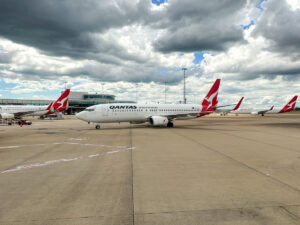
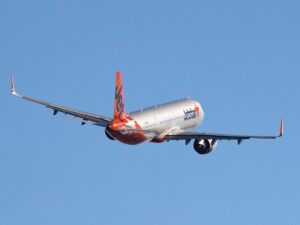







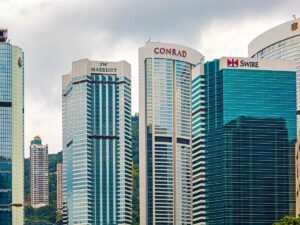







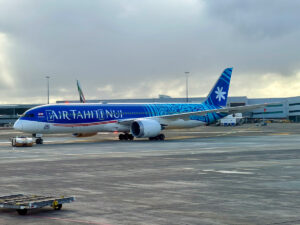
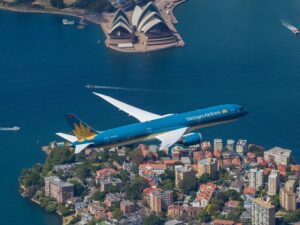
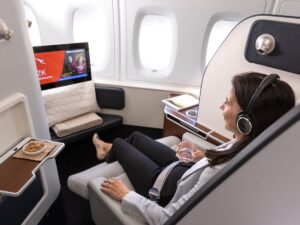





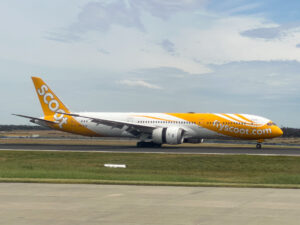






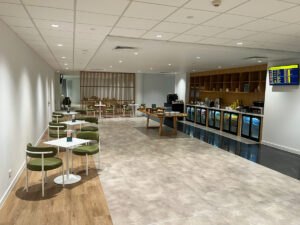
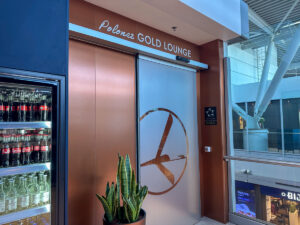



















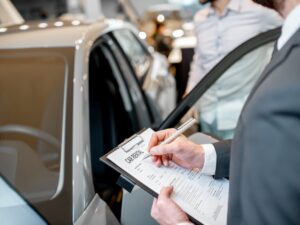




















Community Comments
Loading new replies...
Join the full discussion at the Australian Frequent Flyer →